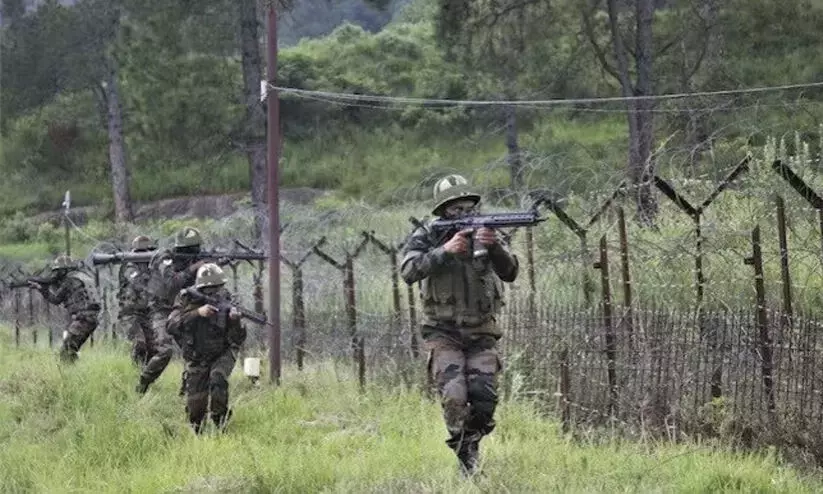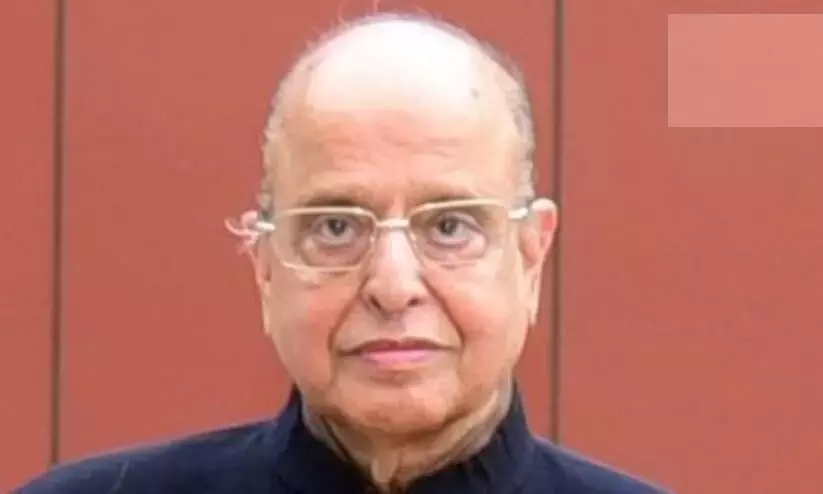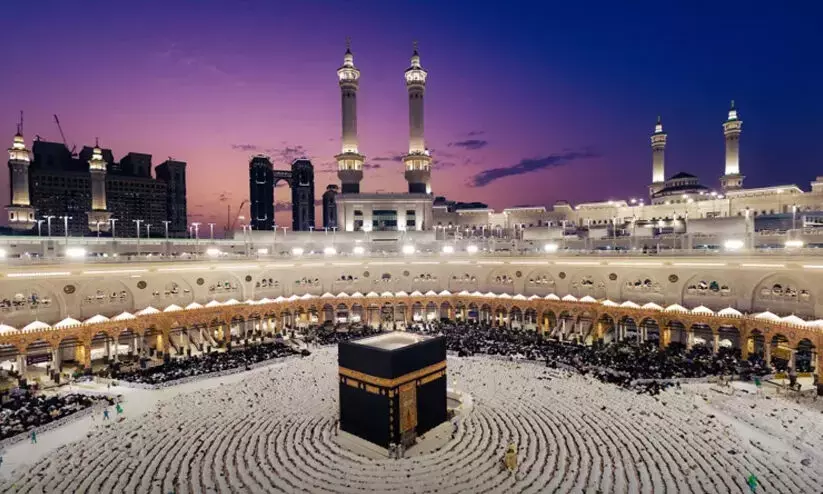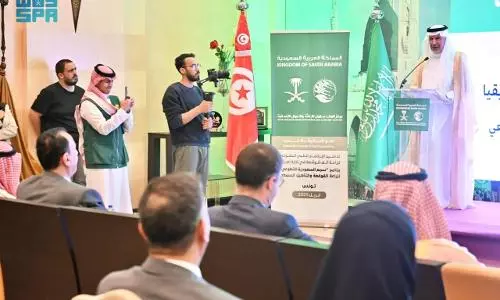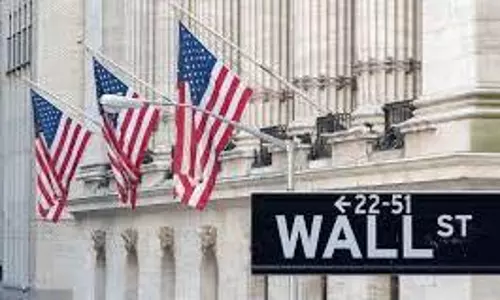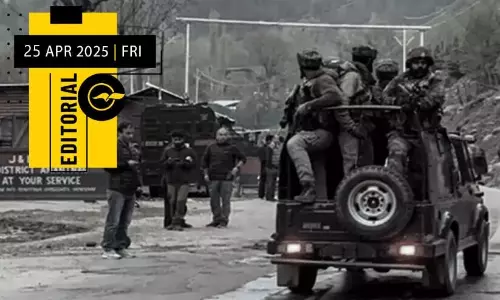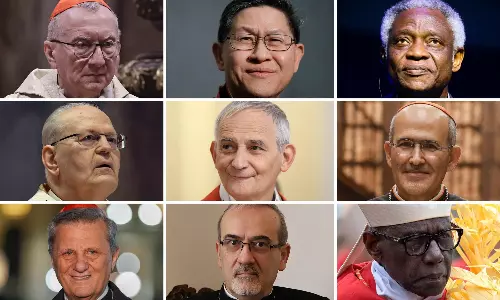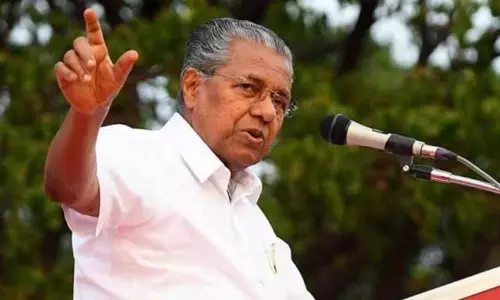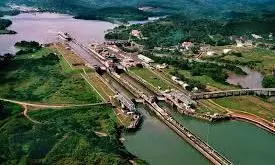
Panama Canal was not a gift from the US, says President Mulino at Davos
text_fieldsPanama’s President Jose Raul Mulino strongly refuted U.S. President Donald Trump’s remarks regarding the Panama Canal during a panel at the World Economic Forum in Davos, Switzerland.
Trump suggested that the canal, currently under Panama’s control, should be reclaimed by the United States due to alleged Chinese influence.
President Mulino dismissed Trump’s statements, asserting that the Panama Canal was neither a concession nor a gift from the United States. "We reject in its entirety everything that Trump has said. First, because it is false, and second, because the Panama Canal belongs to Panama and will continue to belong to Panama," Mulino said.
The canal, inaugurated in 1914, was constructed by the U.S. but officially transferred to Panama on December 31, 1999, under treaties signed decades earlier. Mulino emphasised that Panama would not be distracted by claims that undermine international agreements.
In his inaugural address, Trump accused China of "operating" the canal due to its growing presence in the region. "We didn’t give it to China; we gave it to Panama. And we’re taking it back," Trump stated. These remarks prompted Panama to file a formal complaint with the United Nations, citing the UN Charter’s provision against threats or use of force against a member state's territorial integrity or political independence.
China, in response, denied interfering in the canal’s operations.
Mulino reassured attendees at Davos that Panama remains unshaken by the controversy. "One cannot skip over public international law to impose criteria," he said. He also suggested that this situation could present an opportunity to address broader issues of mutual interest with the United States, such as security and migration challenges along Panama’s border with Colombia.
The Panama Canal, a critical international waterway for global trade, remains a symbol of national sovereignty for Panama. Mulino’s firm stance reflects Panama’s commitment to maintaining control over the canal and upholding international law amid geopolitical tensions.




